Publications
*Note that this list includes various collaboration papers to which I may have contributed little or no work. For all the publications listed below I lead the work or made significant contributions.
A&A 2022
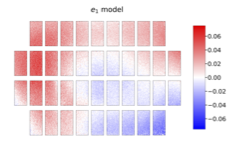
The Ultraviolet Near-Infrared Optical Northern Survey (UNIONS) is an ongoing collaboration that will provide the largest deep photometric survey of the Northern sky in four optical bands to date. As part of this collaboration, the Canada-France Imaging Survey (CFIS) is taking \(r\)-band data w...

A&A 2022
The Ultraviolet Near-Infrared Optical Northern Survey (UNIONS) is an ongoing collaboration that will provide the largest deep photometric survey...
A&A 2022
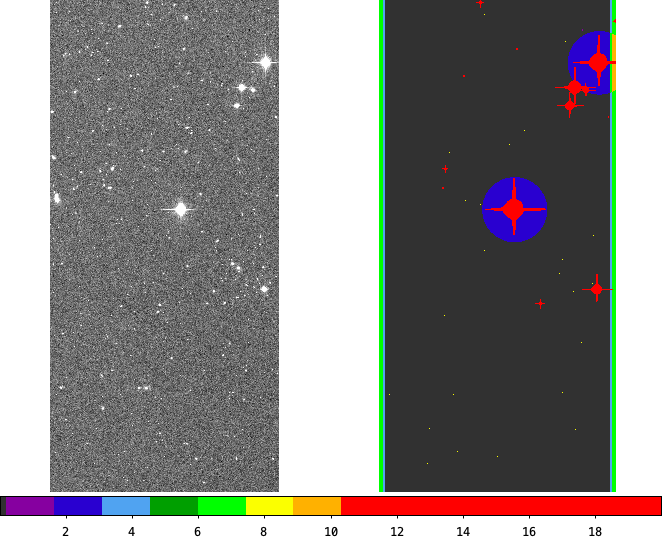
We present the first public release of ShapePipe, an open-source and modular weak-lensing measurement, analysis, and validation pipeline written in Python. We describe the design of the software and justify the choices made. We provide a brief description of all the modules cu...

A&A 2022
We present the first public release of ShapePipe, an open-source and modular weak-lensing measurement, analysis, and validation...
MNRAS 2022
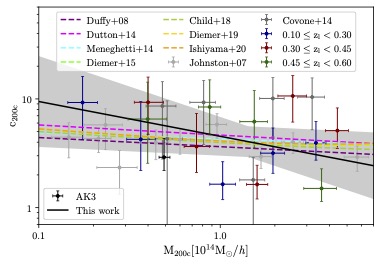
Galaxy clusters are biased tracers of the underlying matter density field. At very large radii beyond about 10 Mpc/\textit{h}, the shear profile shows evidence of a second-halo term. This is related to the correlated matter distribution around galaxy clusters and proportional to the so-called ...

MNRAS 2022
Galaxy clusters are biased tracers of the underlying matter density field. At very large radii beyond about 10 Mpc/\textit{h}, the shear profile...
A&A 2021
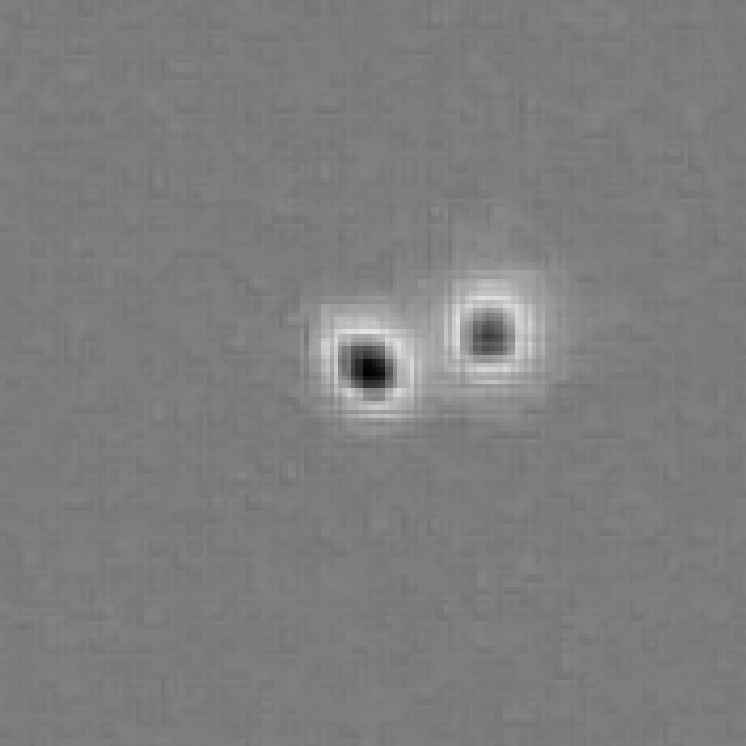
We present BlendHunter, a proof-of-concept deep-transfer-learning-based approach for the automated and robust identification of blended sources in galaxy survey data. We take the VGG-16 network with pre-trained convolutional layers and train the fully connected layers on parametric models of C...

A&A 2021
We present BlendHunter, a proof-of-concept deep-transfer-learning-based approach for the automated and robust identification of blended sources ...
Astronomy and Computing 2020
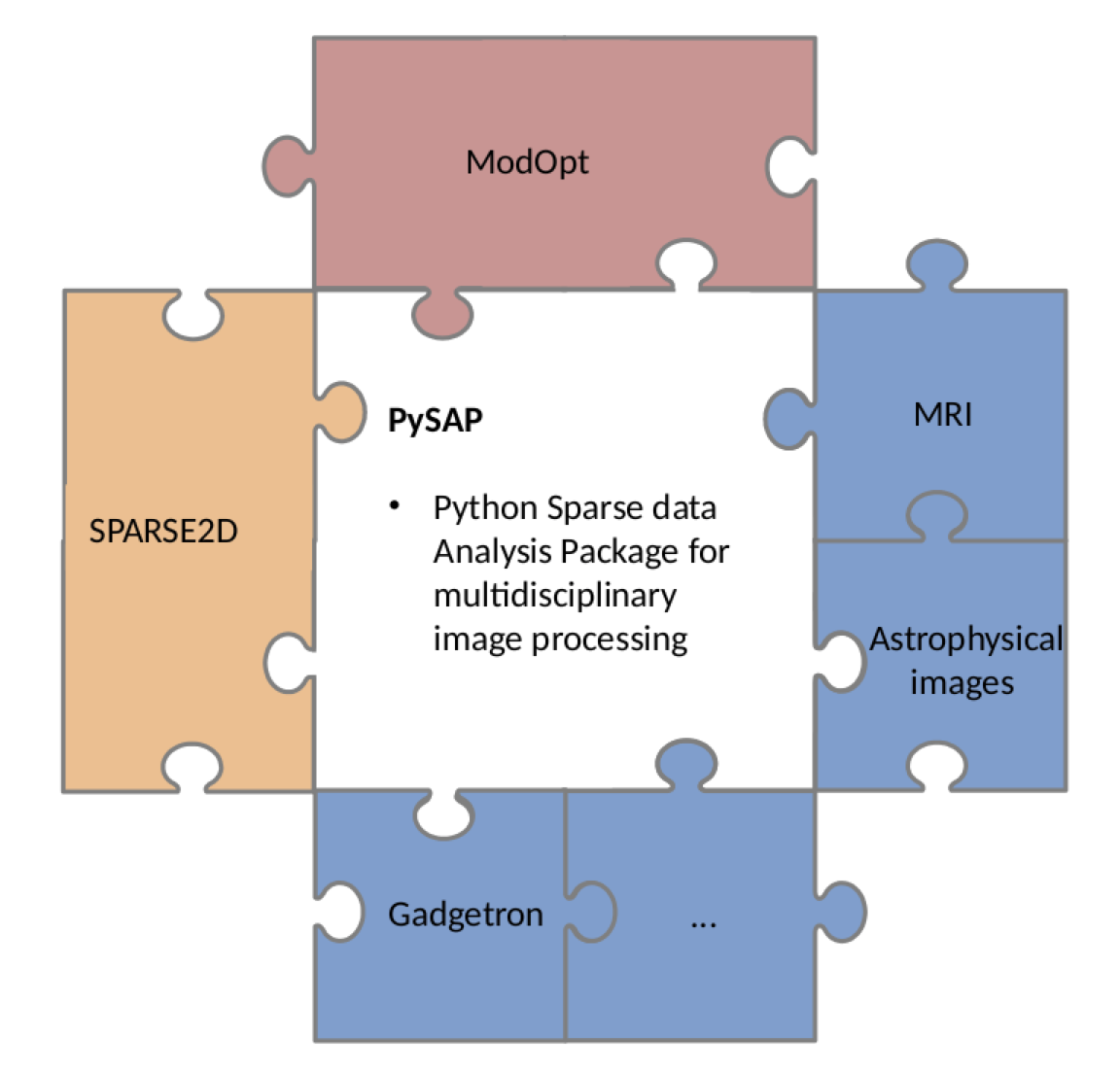
We present the open-source image processing software package PySAP (Python Sparse data Analysis Package) developed for the COmpressed Sensing for Magnetic resonance Imaging and Cosmology (COSMIC) project. This package provides a set of flexible tools that can be applied to a variety of compres...

Astronomy and Computing 2020
We present the open-source image processing software package PySAP (Python Sparse data Analysis Package) developed for the COmpressed Sensing fo...
A&A 2019
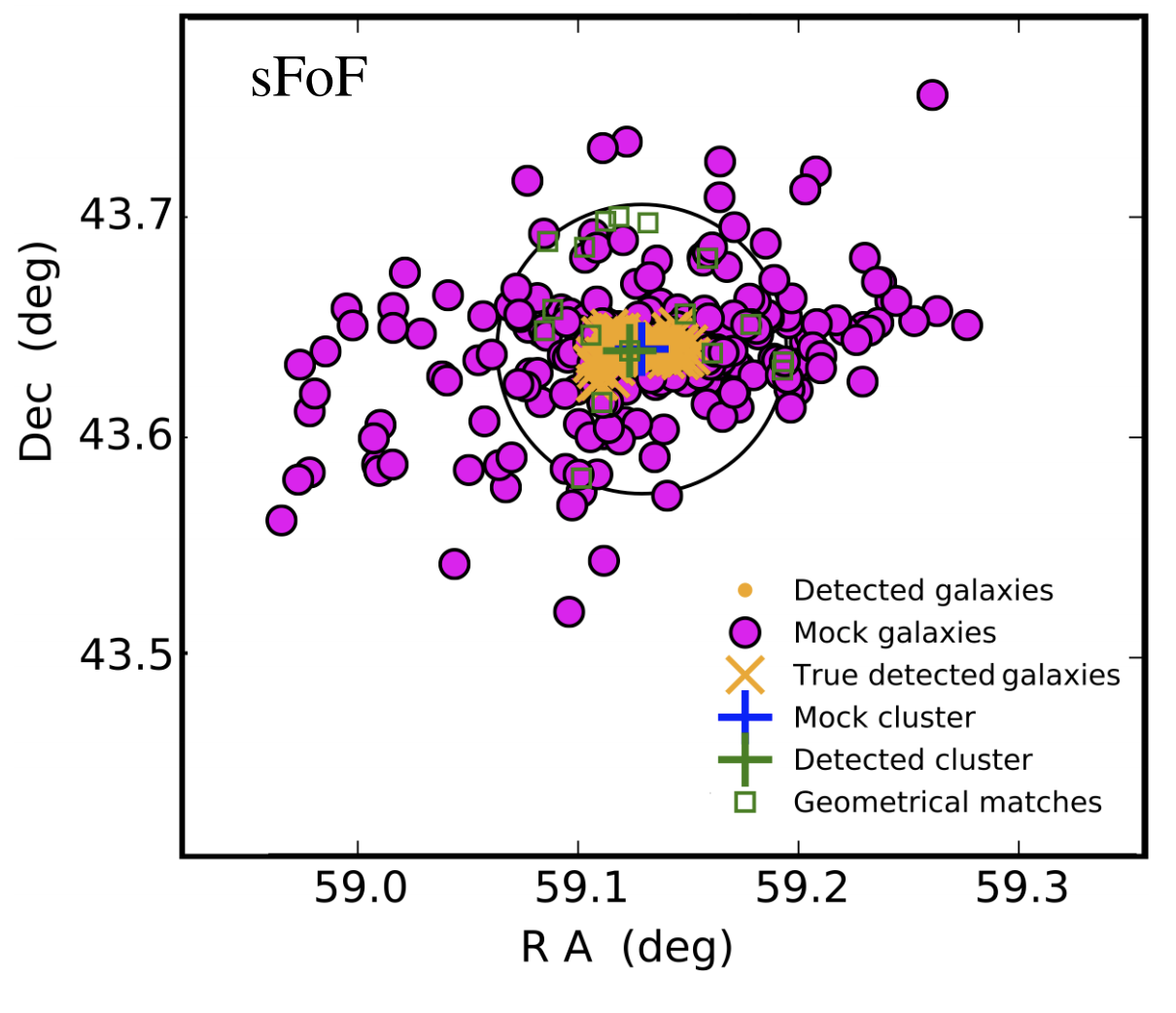
Galaxy cluster counts in bins of mass and redshift have been shown to be a competitive probe to test cosmological models. This method requires an efficient blind detection of clusters from surveys with a well-known selection function and robust mass estimates, which is particularly challenging...

A&A 2019
Galaxy cluster counts in bins of mass and redshift have been shown to be a competitive probe to test cosmological models. This method requires a...
A&A 2017
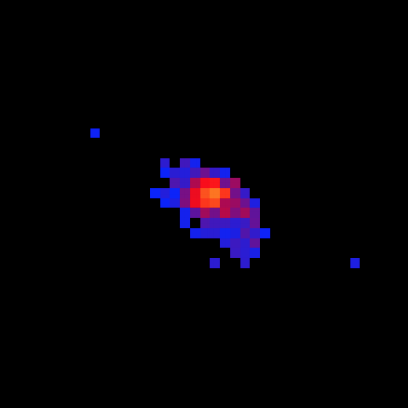
Removing the aberrations introduced by the Point Spread Function (PSF) is a fundamental aspect of astronomical image processing. The presence of noise in observed images makes deconvolution a nontrivial task that necessitates the use of regularisation. This task is particularly difficult when ...

A&A 2017
Removing the aberrations introduced by the Point Spread Function (PSF) is a fundamental aspect of astronomical image processing. The presence of...
MNRAS 2011

We present a catalogue of galaxy groups and clusters selected using a friends-of-friends (FoF) algorithm with a dynamic linking length from the 2dF-SDSS LRG and QSO (2SLAQ) luminous red galaxy survey. The linking parameters for the code are chosen through an analysis of simulated 2SLAQ haloes....

MNRAS 2011
We present a catalogue of galaxy groups and clusters selected using a friends-of-friends (FoF) algorithm with a dynamic linking length from the ...
 https://orcid.org/0000-0002-9594-9387
https://orcid.org/0000-0002-9594-9387



